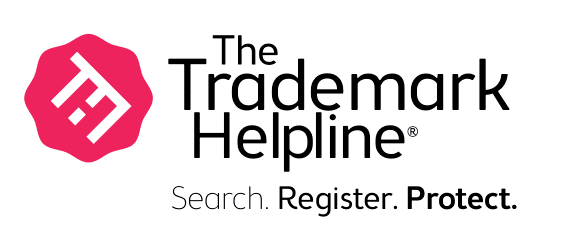Blog Layout
Reasons to Trademark a Business
helen • Jan 11, 2024
Article from Marketing Doris Associate - The Trademark Helpline

There are many compelling reasons to trademark a business or brand. The Trademark Helpline have compiled 50 here:
- Protection from Infringement: A registered trademark provides legal protection against unauthorised use.
- Exclusive Rights: Grants you exclusive rights to use the trademark in relation to the goods and/or services for which it is registered.
- Business Asset: Trademarks can appreciate in value over time.
- Licensing Opportunities: You can license your trademark to others and earn royalties.
- Avoid Rebranding: Protects against the risk of being forced to rebrand if someone else claims prior rights to a similar brand.
- Stronger Enforcement: Easier to enforce your rights and take legal action.
- Deterrence: Acts as a deterrent for others thinking of using something similar.
- Brand Recognition: Helps in establishing brand identity and recognition in the market.
- Domain Names: Easier to secure domain names that match your trademark.
- Brand Trust: Registered trademarks can foster trust and credibility with customers.
- Access to Courts: Allows for easier access to more options for legal recourse.
- Defensive Strategy: Can prevent competitors from registering similar trademarks.
- Right to Use ® Symbol: You can use the ® symbol, which signifies registration.
- Geographic Coverage: Trademarks in the UK can be a step towards obtaining international registration.
- Assignment: Trademarks can be sold or transferred.
- Long-term Rights: Trademarks can last indefinitely with renewals.
- Evidence of Use: Acts as a public record and evidence of use from the registration date.
- Increase Business Value: Enhances the perceived value of your business, especially during sales or acquisitions.
- Brand Consistency: Ensures consistent branding across all platforms and materials.
- Preliminary Checks: The registration process identifies potential conflicts, preventing future disputes.
- Protection from Cybersquatting: Makes it harder for third parties to register domain names that could be confused with your brand.
- Financial Security: Can be used as a security interest or collateral in business transactions.
- Refusal by Other Brands: Can prevent others from registering confusingly similar trademarks in the UK.
- Basis for International Registration: Facilitates trademark filings in other countries.
- Search Engine Rankings: Helps to protect your brand name in search results.
- Reputation Management: Protects against reputation damage from counterfeit goods or services.
- Counterfeit Prevention: Allows for actions against counterfeiters.
- Growth Strategy: Essential for businesses planning to expand in the future.
- Strategic Asset: Enhances business strategy and positioning.
- Global Marketplace: Facilitates expansion into online global marketplaces.
- Leverage in Negotiations: A registered trademark can provide leverage in business negotiations.
- Use in Marketing: Enhances advertising and marketing campaigns.
- Attract Investors: Can make the business more attractive to potential investors or buyers.
- Informed Decision: Ensures you're not infringing on someone else's mark.
- Brand Story: Enhances and solidifies your brand narrative.
- Merchandising: Offers opportunities for brand merchandising.
- Protection from Unfair Competition: Defends against competitors using similar branding to cause confusion.
- Customs Measures: Facilitates customs actions against import of counterfeit goods.
- Distinction in Marketplace: Helps differentiate from other products or services.
- Consumer Protection: Demonstrates a level of commitment to consumer trust and product quality.
- Franchising Opportunities: Simplifies the process of franchising.
- Strategic Partnerships: Enhances opportunities for business collaborations.
- Geographical Indications: Can be beneficial if the brand has specific geographical associations.
- Control Over Brand Image: Helps maintain a consistent brand image.
- Public Perception: Registered brands may be perceived as more legitimate or professional.
- Barrier to Entry: Makes it harder for new competitors to enter the marketplace with a similar name or brand.
- Securing IP Portfolio: Strengthens a company's intellectual property portfolio.
- Potential for Passive Income: Through licensing and franchising opportunities.
- Legal Presumption: Provides a legal presumption of your ownership of the mark.
- Peace of Mind: Knowing your brand is protected can provide immense peace of mind in business operations.
To discuss your brand trademark requirements - contact The Trademark Helpline today!
Company registration number: 6044969
Registered Office: Westminster House,
10 Westminster Road, Macclesfield, Cheshire SK10 1BX Terms
